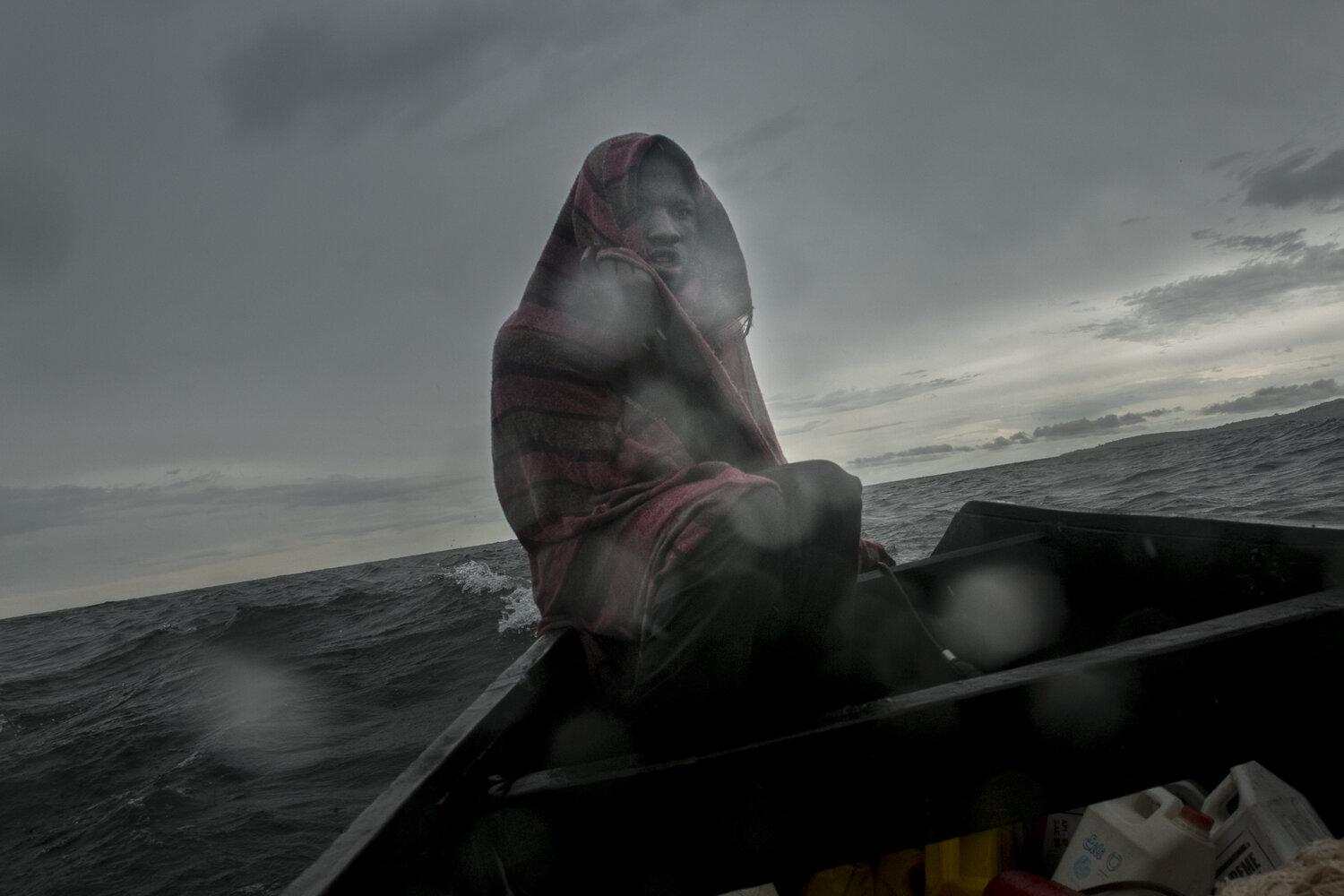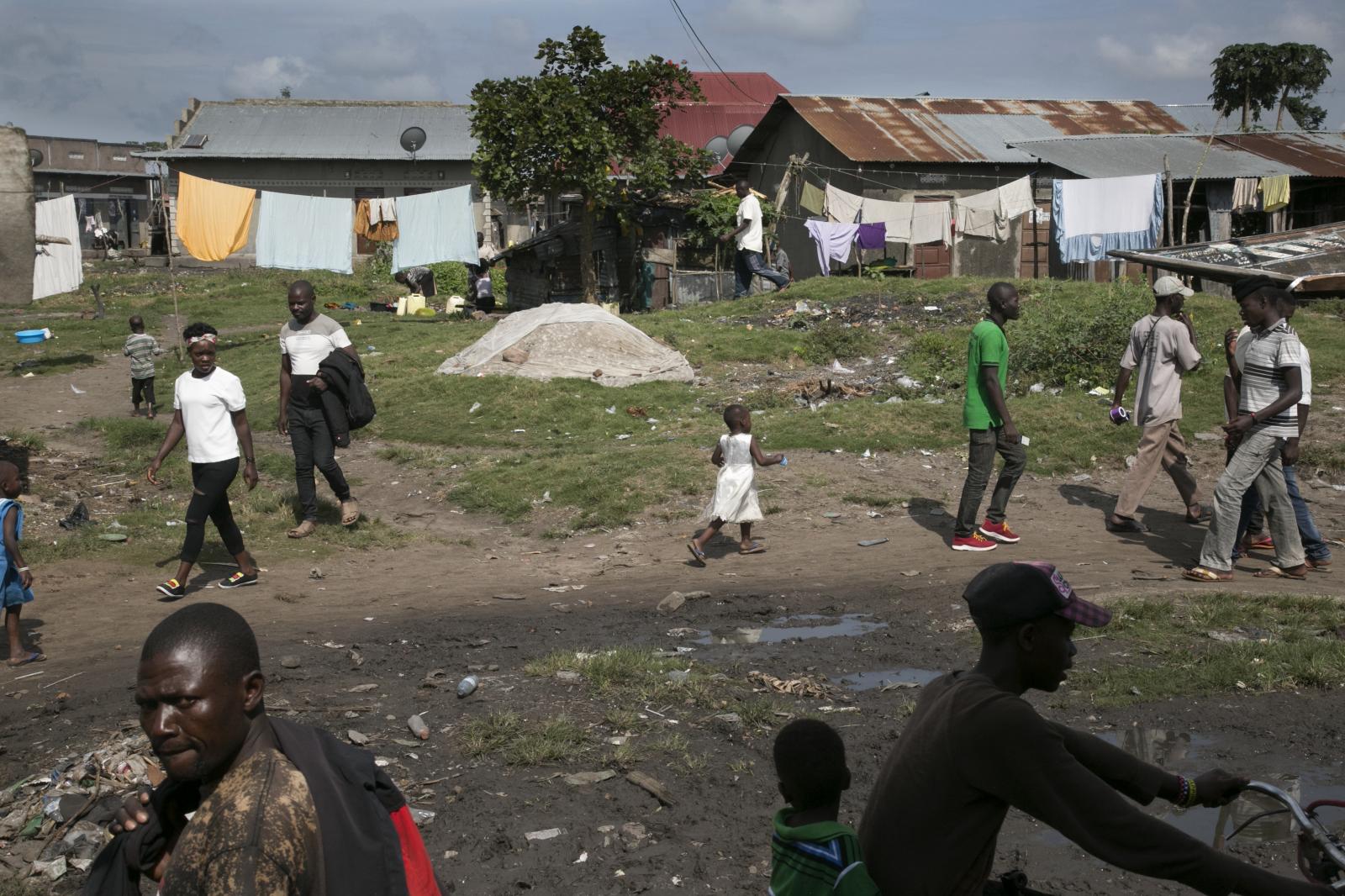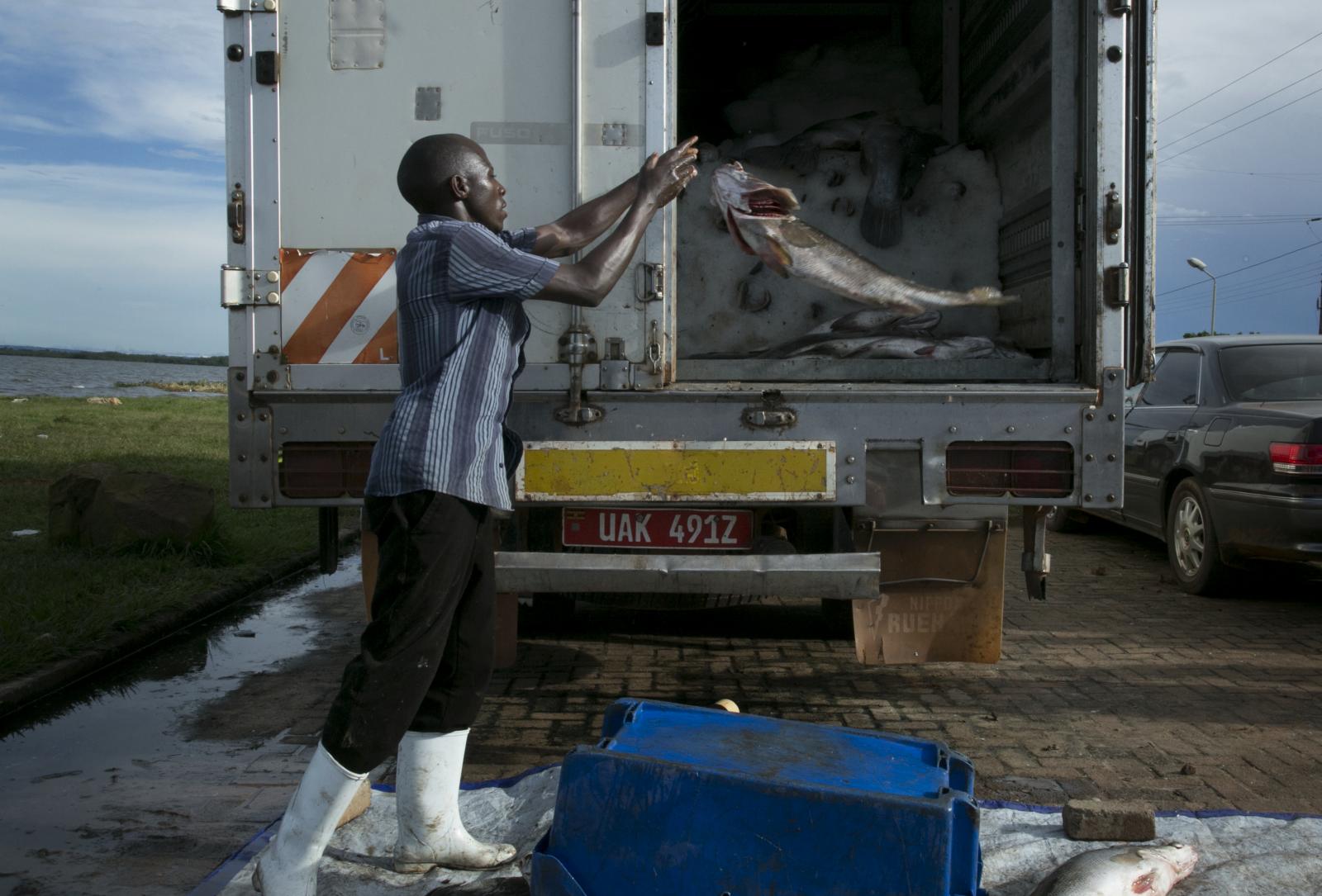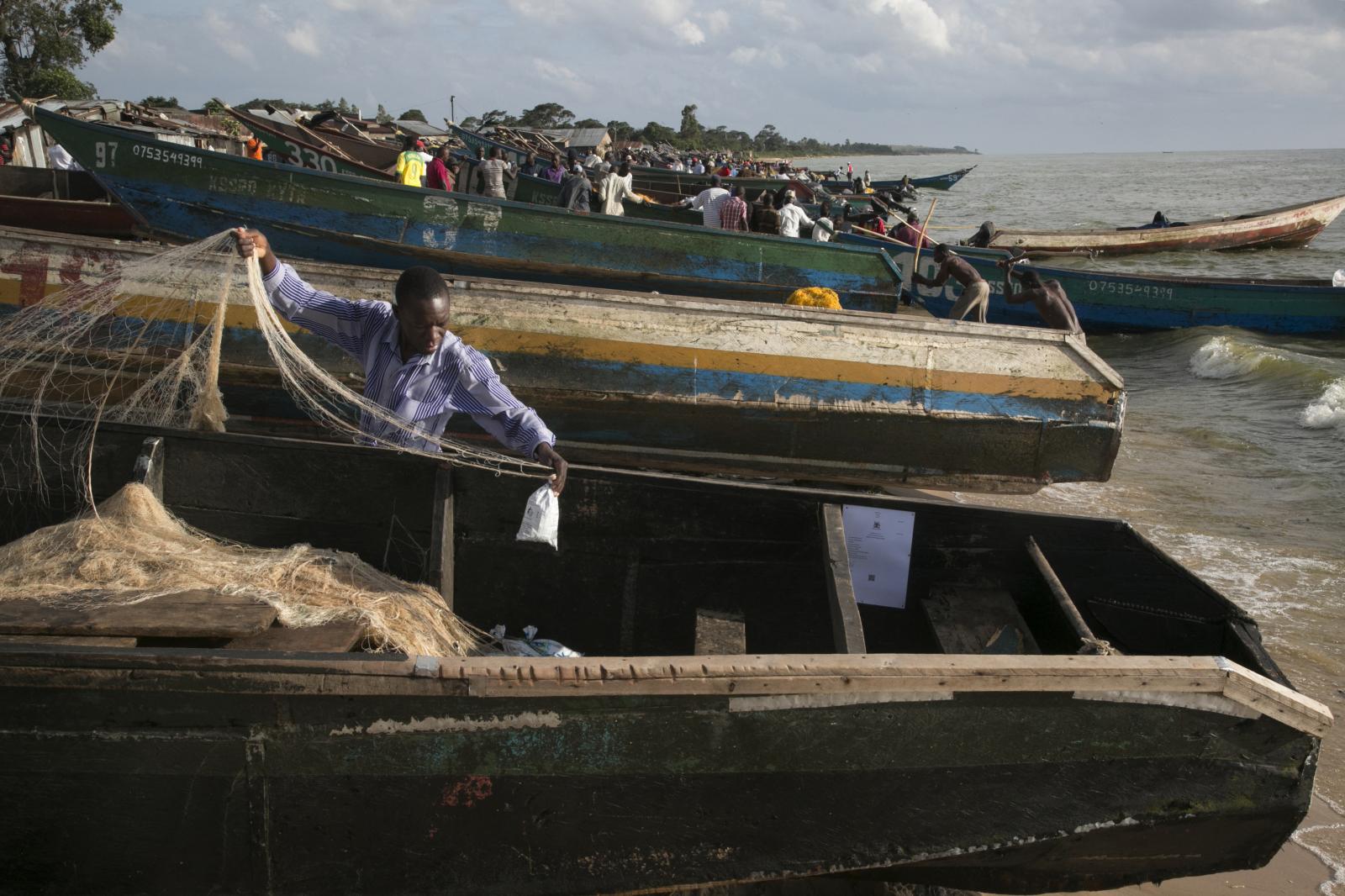Public Project
The End of Frenzy: Overfishing in Lake Victoria
“When you look in the country, there is no other profitable activity like fishing,” Kayumba, the former chairman of the local Beach Management Unit, told me, with a hint of pride in his voice, as we sat in his office in Kasensero, Uganda in April 2015. “It is us fishermen who have educated our children in good schools, alongside those politicians and well-off people,” he added. Lake Victoria, the largest body of freshwater in Africa, surrounds Uganda, Kenya and Tanzania, and it affects lives and livelihoods thousands of miles beyond the shore. The majority of fish are sold in Europe, making the fishing industry one of few—alongside coffee and tea—with a lucrative export market.
But, when I was talking with Kayumba that day, the fishery was in a death spiral.
Corrupt bureaucrats were easily bribed to allow fishermen to use unsustainably extractive methods to deplete the common waters. By 2015, the larger fish had all but run out: less than 1 percent of the Nile perch in the lake were larger than the 20-inch minimum, suggesting that the fish were too young to reproduce and too small to sell legally. Between 2005—when the catch on the lake peaked—and 2015, the Nile-perch population halved as fishermen employed smaller nets to catch smaller fish. Although prices remained high and there was still money to be made, Kayumba had to reduce his own fleet to under ten boats from a peak of more than thirty.
Many fishermen predicted the end of the industry within three to five years. But, at the end of 2016, one month after my initial report in National Geographic, the central Ugandan government stepped in and to save the fishery. I am working now to return to Uganda to understand the impact.
5,128



























